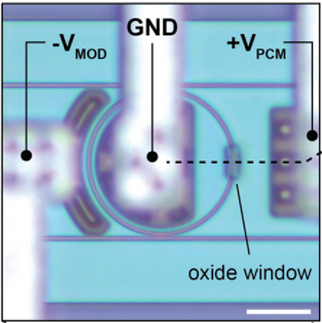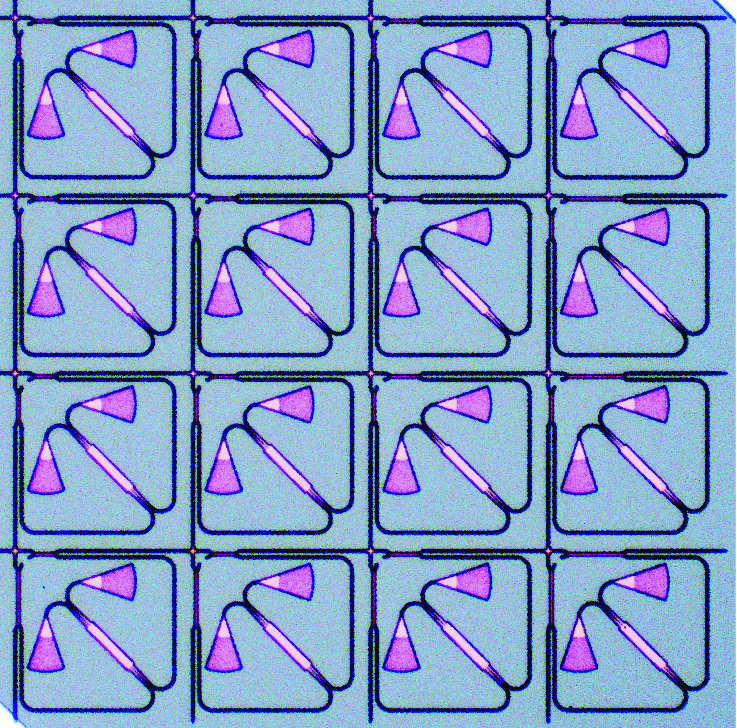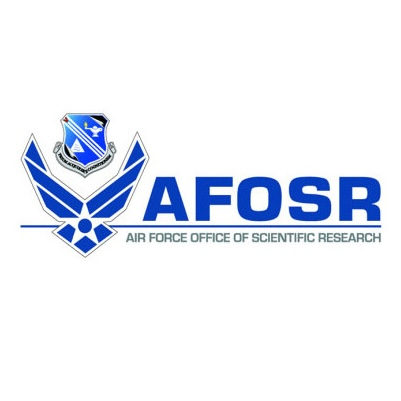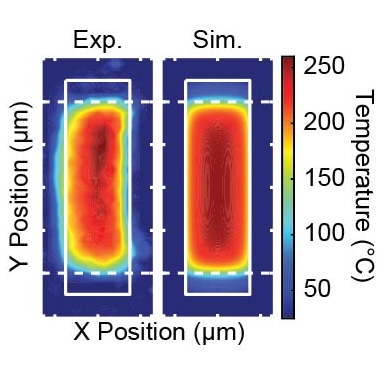Congratulations to Dr. Sadra Rahimi Kari who successfully defended his dissertation titled, “Advanced Photonic Hardware for AI Acceleration: Memory, Processing, and Modulation” on July 11! Sadra will be joining UC Berkeley as a postdoctoral fellow in photonic computing following his graduation. We wish him all the best!

Welcome to the Youngblood Photonics Lab at Pitt
Our research combines unique optoelectronic materials with scalable photonic circuits to create new platforms for low-latency machine learning, reconfigurable photonic devices, and precision biosensing. Key to our work is a fundamental understanding of light-matter interaction at the nanoscale and use of advanced nanofabrication techniques to address major challenges facing these disciplines. The following areas of research in our group are: 1) Programmable Photonic Devices and Architectures for Machine Learning; 2) Waveguide-Integrated Circuits for Biosensing; and 3) Waveguide-Integrated 2D Materials for High Performance Optoelectronics.News:
Vivswan defends his PhD dissertation!
New multifunctional optical memory published in Optica
Our collaborative work entitled “High-speed multifunctional photonic memory on a foundry-processed photonic platform” is now published in Optica! In this work, we demonstrate that both volatile fine-tuning and nonvolatile course-tuning of photonic devices can be achieved within a single device using a PN junction and low-loss phase-change materials. This can...
[Read More]
New article published in Nature Photonics
Our collaborative paper on “Integrated non-reciprocal magneto-optics with ultra-high endurance for photonic in-memory computing” has been published in Nature Photonics! Read more about it in Pitt’s press release or listen to the following podcast summarizing our work:
[Read More]
Sadra's article published in Optica
Nathan receives 2024 NSF CAREER Award
Our lab is delighted to announce that Nathan has received the NSF CAREER Award for 2024! This 5 year award will enable our group to address fundamental limitations of digital processors by performing computation in the optical domain using multiple photonic degrees of freedom for improved compute efficiency and speed....
[Read More]
Nathan receives 2024 AFOSR Young Investigator Award
Our lab is delighted to announce that Nathan has received AFOSR’s 2024 Young Investigator Award! This award will enable our group to explore the scaling limits of photonic in-memory computing and develop new approaches for controlling phase-change photonic memory for high speed analog computing. Read more about the award program...
[Read More]
Daniel Vaz receives 2023 PQI Graduate Fellowship
Sadra defends his Master's thesis
Nic's article published in ACS Photonics
Group member Nicholas Nobile’s article entitled “Time-Resolved Temperature Mapping Leveraging the Strong Thermo-Optic Effect in Phase-Change Materials” is published in ACS Photonics! This work demonstrates a method to experimentally validate dynamic thermal simulations of electrically-switched GST pixels. Congratulations, Nic!
Funding Sources:
Our lab acknowledges generous funding support provided by:








